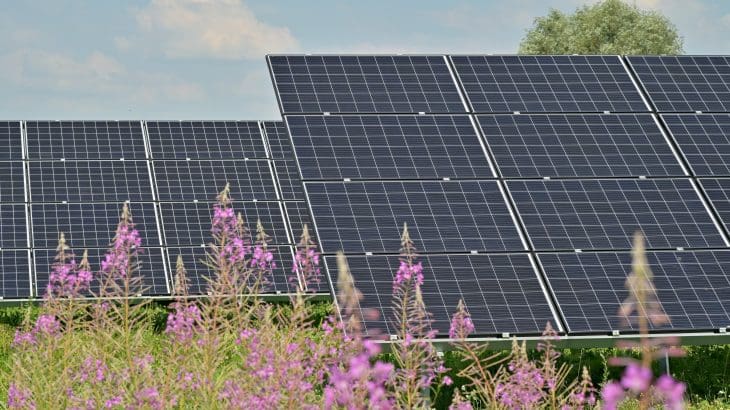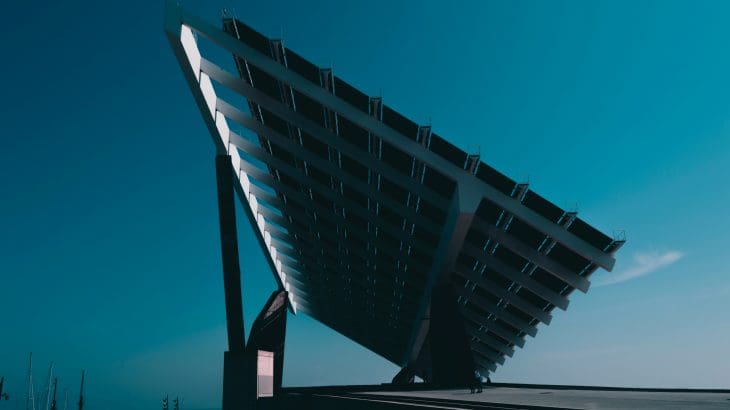Jamaica has restructured its agreement with Petrocaribe, the credit finance arrangement that gives member countries discounts and preferential terms for the oil they purchase from Caracas. Earlier this year, the cash strapped Latin American country agreed to cancel Jamaica’s $3 billion of Petrocaribe debt in exchange for a lump sum payment of $1.5 billion.
Jamaica now owes less than $100 million to Venezuela for oil shipments received since the refinancing. Regardless of the debt cancellation, Jamaica is preparing to turn debt into investment opportunities. “The funds have been invested in a way that it can service the indebtedness,” Milverton Reynolds, managing director of the Development Bank of Jamaica, told Devex.
Jamaica’s Petrocaribe Development Fund, directed by CEO Wesley Hughes, acts as a financing platform close to the central government, but with an independent board of directors. The government makes a 50% down payment for every oil shipment from Venezuela and the other half — officially a long-term loan owed to Venezuela — gets invested in the Petrocaribe Development Fund, converting sovereign debt into a receivable asset. Beyond the service of loans, Jamaica is preparing to diversify its energy mix with renewables and is the only Caribbean nation to have drafted national energy efficiency standards. And apart from renewables, Jamaica is repurposing a 120-megawatt diesel oil plant to run on lower-carbon emitting liquefied natural gas from the U.S. The cancellation of Petrocaribe debt enables these other plans, as the fund that serviced those loans becomes flush. While Jamaica still imports 22,000 barrels per day from Petrocaribe, a diversified energy mix and cancellation of debt from Venezuela will help the principal Caribbean nation to further goals of renewable power generation.
Read the full article here.


